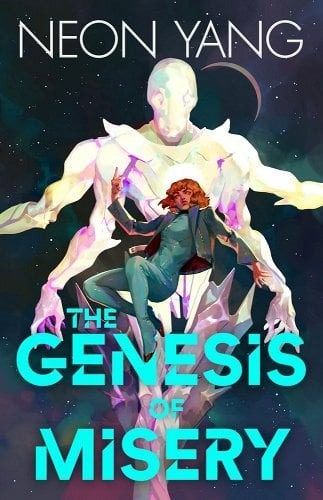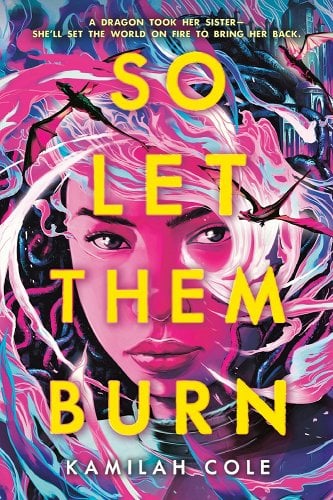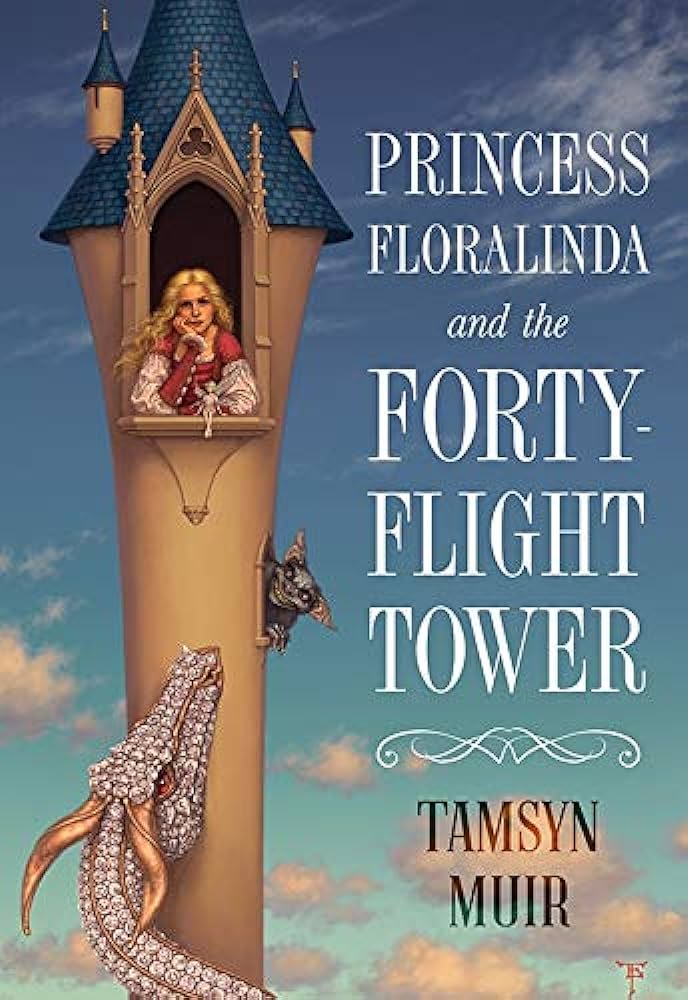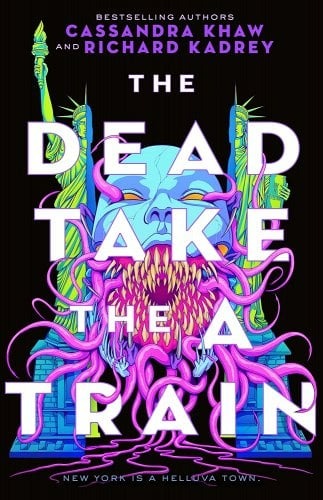Buy this from Bookshop.org to support local bookstores and the Lesbrary! No Shelter But The Stars by Virginia Black was published on January 23, 2024 and follows Kyran Loyal, the last in her line of family royals for a planet that has been lost to her people for years, and Davia Sifane, a woman fromRead More
An Ode to Burning it All Down: The Genesis of Misery by Neon Yang
Buy this from Bookshop.org to support local bookstores and the Lesbrary! Have you ever been seized with the inexplicable urge to destroy an intricate and beautiful object? But you don’t; you just sit with that strange, uncomfortable urge twisting in your chest and gnawing away at your heart. That’s a bit like what reading The GenesisRead More
Creating Utopia in Love After the End edited by Joshua Whitehead
“Tomorrow will be kinder,” I whisper as I am swept into the rushing river of my dreams. —”The Ark of the Turtle’s Back” by jaye simpson Love After the End: An Anthology of Two-Spirit and Indigiqueer Speculative Fiction, edited by Joshua Whitehead, is a follow up to the anthology Love Beyond Body, Space, and Time. TheseRead More
A Queer Take on Dragon Riding: So Let Them Burn by Kamilah Cole
Buy this from Bookshop.org to support local bookstores and the Lesbrary! So Let Them Burn by Kamilah Cole is a Jamaican-inspired YA fantasy. I would like to thank the publisher Little, Brown Young Readers for sending the Lesbrary a review copy. I enjoyed this book a lot, and think it’s a great addition to the genre. There’sRead More
How to Un-Princess: Princess Floralinda and the Forty-Flight Tower by Tamsyn Muir
Amazon Affiliate Link When I first picked up the fantasy novella Princess Floralinda and the Forty-Flight Tower by Tamsyn Muir in 2020, I knew that I’d be coming back to it for more. Because I’m more of a science fiction person, I wasn’t sure what to expect when I bought it; I knew I likedRead More
Colonialism and Revolution in Fantasy France: The Faithless by C. L. Clark
Buy this from Bookshop.org to support local bookstores and the Lesbrary! When I finished The Unbroken by C. L. Clark, I wasn’t sure I was going to continue with the series. It was brilliant, yes: thought-provoking and gut-wrenching, with commentary on colonialism and a passionate, doomed F/F romantic subplot. The strengths of the book, though—theRead More
A Cozy Queer Bookstore Fantasy: Bookshops & Bonedust by Travis Baldree
Bookshop.org Affiliate Link This is a prequel to Legends & Lattes, which I adored. It’s a cozy fantasy novel with low stakes and impeccable vibes. Let me skip the conclusion of this review: if you liked the first book, I can’t imagine you won’t also like this one. And if you didn’t like Legends &Read More
A Fantasy of Community: Legends & Lattes by Travis Baldree
Buy this from Bookshop.org to support local bookstores and the Lesbrary! Legends & Lattes has been reviewed at the Lesbrary before, and it’s certainly gotten a lot of praise online in general, so why do I feel the need to add my own positive review to the mix? I think it’s because the reason IRead More
Gory Bisexual Horror/Fantasy: The Dead Take the A Train by Cassandra Khaw and Richard Kadrey
Buy this from Bookshop.org to support local bookstores and the Lesbrary! One thing about a Cassandra Khaw book: I never know what I’m getting into. Even two-thirds of the way through this, completely invested in the story, I still kept thinking, “What genre is this? And also, what’s the plot?” Julie is a 30-year-old exorcistRead More
All The Pretty Girls Read Sapphic Stories: More Readalikes for Reneé Rapp’s Snow Angel
If you have Reneé Rapp’s album Snow Angel playing on repeat, these are the sapphic books you need to read! Pick up the one that matches your favorite song, or get the whole stack if it’s too hard to pick. You can get a copy of any of these titles from your local bookstore orRead More
- « Previous Page
- 1
- …
- 5
- 6
- 7
- 8
- 9
- …
- 40
- Next Page »





